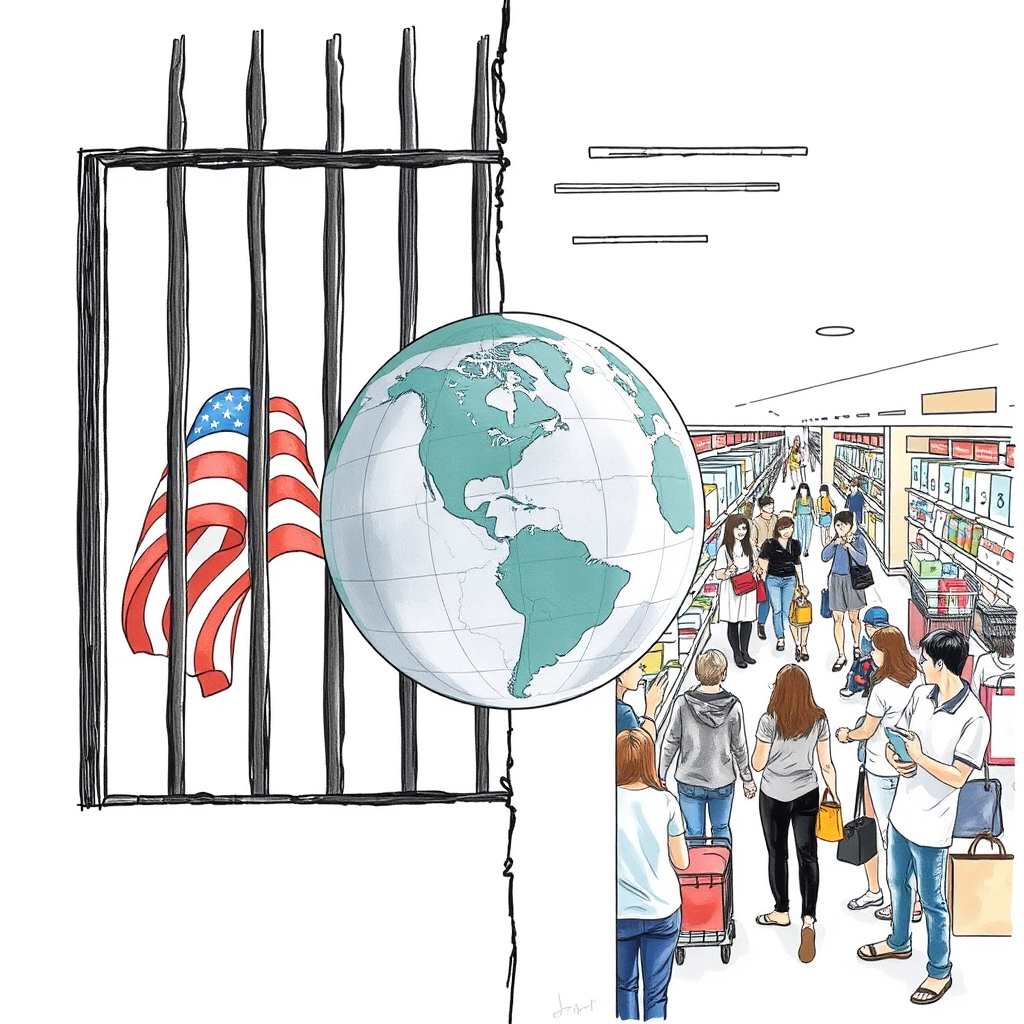Trump's Shock Plan: Jail Americans Abroad?

The Trump administration is reportedly considering a controversial policy shift that could see American citizens facing criminal charges potentially incarcerated in foreign prisons, specifically in El Salvador. This move, details of which are still emerging, raises significant legal and ethical questions regarding due process and the rights of U.S. nationals. While officials haven’t fully detailed the criteria for such transfers, the exploration of this option signals a potentially dramatic departure from standard practice.
Simultaneously, recent retail sales figures indicate a surge in consumer spending, seemingly driven by anticipation of increased costs due to the implementation of Trump administration tariffs. Consumers appear to be making purchases before the tariffs take full effect, effectively a temporary boost to the economy fueled by a fear of future price increases. This pre-tariff spending spree, while providing a short-term lift, doesn’t address underlying economic issues and could lead to a subsequent slowdown once consumers have front-loaded their purchases.
The juxtaposition of these two developments – the potential for Americans to be subject to foreign legal systems and a consumer rush driven by trade policy – paints a complex picture of the current political and economic landscape. The administration’s focus on both punitive measures and trade maneuvering is creating a volatile environment with uncertain long-term consequences. The legality and morality of transferring U.S. citizens to foreign prisons, even those convicted of crimes, deserve intense scrutiny, while the tariff-driven spending bump is a temporary fix that masks deeper economic concerns.